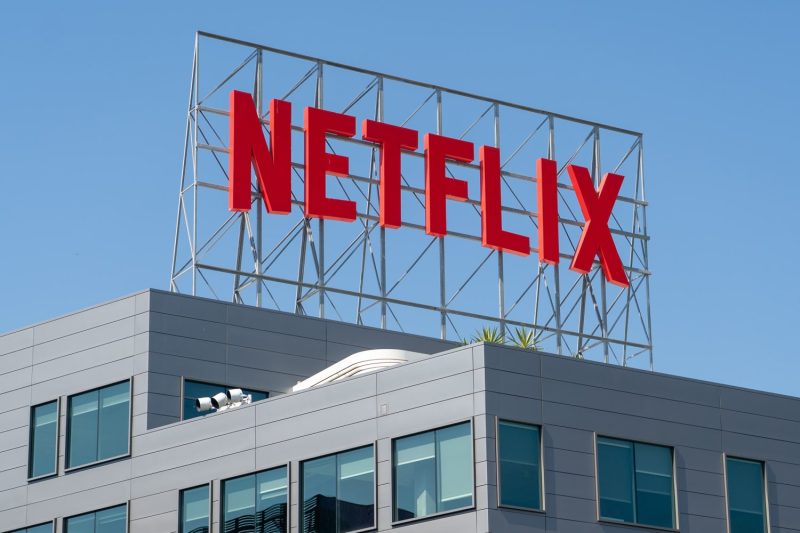
The gig economy as we know it is on the verge of destruction. Gig work, otherwise known as freelance work, was once held up as an entry into the entrepreneurial economy for many people seeking to dip their toes in, but that economy is currently threatened by people who do not understand its vitality for freelance entrepreneurs. There is now a push, from policy makers and a few gig contractors who think it is in the best interest of gig workers and gig employers, to professionalize the gig economy.
A recent article in the Wall Street Journal interviewed gig contractors and policy makers, who explained what professionalizing the gig economy would look like if demands are met. The article describes the policies they seek to enact, which eliminate the incentives that make the gig economy attractive for those who enjoy its flexibility and freelance work options. The new mandates will undoubtedly raise business costs for employers and inadvertently shut out the people the gig economy should help: unskilled college students with little to no real work experience, retirees, stay-at-home parents, and, of course, budding entrepreneurs. Professionalizing the gig sector will bog it down with unnecessary new requirements that will destroy it.
One gig worker the Wall Street Journal interviewed said, “It is possible to transform the gig economy into a profession that is dignified for workers.” Really? Another gig delivery driver with the right idea about the gig economy told the reporter that “the flexibility and income allow him the time and funds for other pursuits, and he does not want to mess that up.” The gig economy in its current state is an oasis for regular folks who seek entrepreneurial channels to earn extra money or supplement their nine-to-five careers. The push to turn this economy into something vastly different will disemploy food delivery drivers, artists, tutors, musicians, coders, fitness coaches, construction contractors, and other gig workers.
How the Gig Economy Works
Here is the deal: If you own a scooter, bicycle, mechanical tools, paintbrush, paint, or music equipment, or have a skill set that is of value to someone else, then you can hire yourself out for a project as a gig worker. Simple enough. More importantly, a gig worker can accept projects from an employer as a contractor, thereby gaining independence through freelance opportunities. Each year, the gig economy is greatly enhanced by app-based technology that brings people together from all corners of the world. Gig workers often leverage these technologies via TaskRabbit, Upwork, Uber, Grubhub, and other apps as they see fit. Why not?
With technology, gig entrepreneurs who own productive resources can take on projects and short-term jobs. Gig workers’ ownership over the means of production keeps overhead for the gig employer low enough to gain cost savings but revenue high enough to pay the gig workers (in this case, gig food delivery drivers) for their freelance services. It is a win-win for employers and gig entrepreneurs alike.
Indeed, employers benefit from using gig contractors when unable to hire employees for full-time positions. This was especially the case during the covid-19 pandemic, when gig delivery drivers fed many people who could not drive to fast food establishments themselves to buy food. Who were the food delivery drivers during the pandemic? College students, the unemployed, the least employable, and retirees. Let us remember that fact.
Proposed Professionalization Measures
Proposed interventionist policies, with the ultimate goal of professionalizing gig economies, will be mandated through a centralized planning board. App-based food delivery service companies will be required to provide such measures as bicycle maintenance shops, repair shops for freelancers’ cars and scooters, street corner newspaper stands converted into weather shelters for food deliverers, and fixed minimum wages. These measures proposed by policy makers will result in the complete opposite of what the gig economy intends to do. Instead of lowering the barriers to entry for people who want to avoid committing themselves to nine-to-five careers, these professionalizing policies will raise the barriers to entry for the people they intend to help.
These added work-related measures might seem appropriate if freelancers viewed themselves as full-time employees of the fast food chains, but the Pew Research Center shared the following in a 2021 report on the state of the gig economy: “Gig platform workers’ self-perceptions follow a similar pattern—65% see themselves as independent contractors, while 28% view themselves as employees.” Professionalizing gig economies through additional rules and regulations will squeeze the lifeblood out of this gig work lifestyle in the long run, with tight and costly policies shutting both low-skilled employees like college students and would-be entrepreneurs out of the gig economy.
A minimum wage for gig work will immediately eliminate less competitive gig workers (those not valued at “market prices,” which is a misnomer because the gig economy is based on the ability to freelance), who will be forced to find work elsewhere. Overall, the push to professionalize gig work means we should expect an uptick in permits, licensing, and other red tape workers will have to cut through to pick up a gig. Furthermore, these mandates will increase the costs of doing business and will increasingly shut freelancers out. Where will freelancers go? I guess the question should be, Who cares?
And who will pay for this? The consumer, of course! Who else? The proposed mandates will negatively affect fast food and traditional restaurants’ ability to hire freelancers. The no-brainer in this situation is that prices will rise according to additional inputs in app-enabled food ordering services.
Pay Based on Productivity
The way I see things, gig work is accepted by freelancers at their leisure. This means that gig work should be based not on a salary but on the amount of work received and completed. Some who suggest otherwise do not realize that “fair wages” in a gig economy are the antithesis of a gig economy properly understood. In other words, self-initiated productivity in an actual gig economy equates to higher or lower pay. You do more, you get more. You do less, you get less. Engaging in gig work is a choice one makes, fully understanding that it does not replace the benefits one might value in stable employment.
This does not imply that delivery service drivers should earn a minimum; in fact, they should earn a maximum. However, a maximum in a gig economy means the more freelance projects one takes on, the more remuneration one receives. Food delivery drivers in the gig economy should be able to write their own paychecks without the intervention of socialist wage policies, and they should have the freedom to accept or reject jobs of their own accord. Is that not the beauty of gig freelance work?
The reality is that not all food app delivery drivers accept and complete the same number of gigs (per day/month/city). With a wage policy and a costly infrastructure dedicated to gig food delivery drivers, everyone (no matter the productivity of each driver) receives a minimum pay without taking on the same number of gigs. These new measures will kill the gig economy’s risk-reward ratio—the quintessence of the entrepreneurial spirit. What is the incentive to accept a gig when everyone gets a minimum for producing at different rates? While some may not take any gigs, they still get paid a minimum. This will turn into a free rider problem.
Reality’s Hard Lesson
Entrepreneurs created the gig economy to help the people it is now about to harm via the misallocation of resources in the imposition of wage minimums and additional infrastructure and overhead costs. The hard lesson for people ignorant of economic laws is the reality of diminishing returns, the prices of doing business, redistribution of wages, and the result of killing personal incentives to produce through ownership of private property. Changing app-based food delivery rates and requiring infrastructure will increase overhead costs, which will cripple the gig economy, throwing the baby out with the bathwater.
Again, a hard lesson: When employers must pay a minimum to any group, they must, by necessity, exclude another group. When employers add costs, the costs of products and services are affected proportionately. Are we looking at the destruction of the last oasis where entrepreneurship can sprout?








